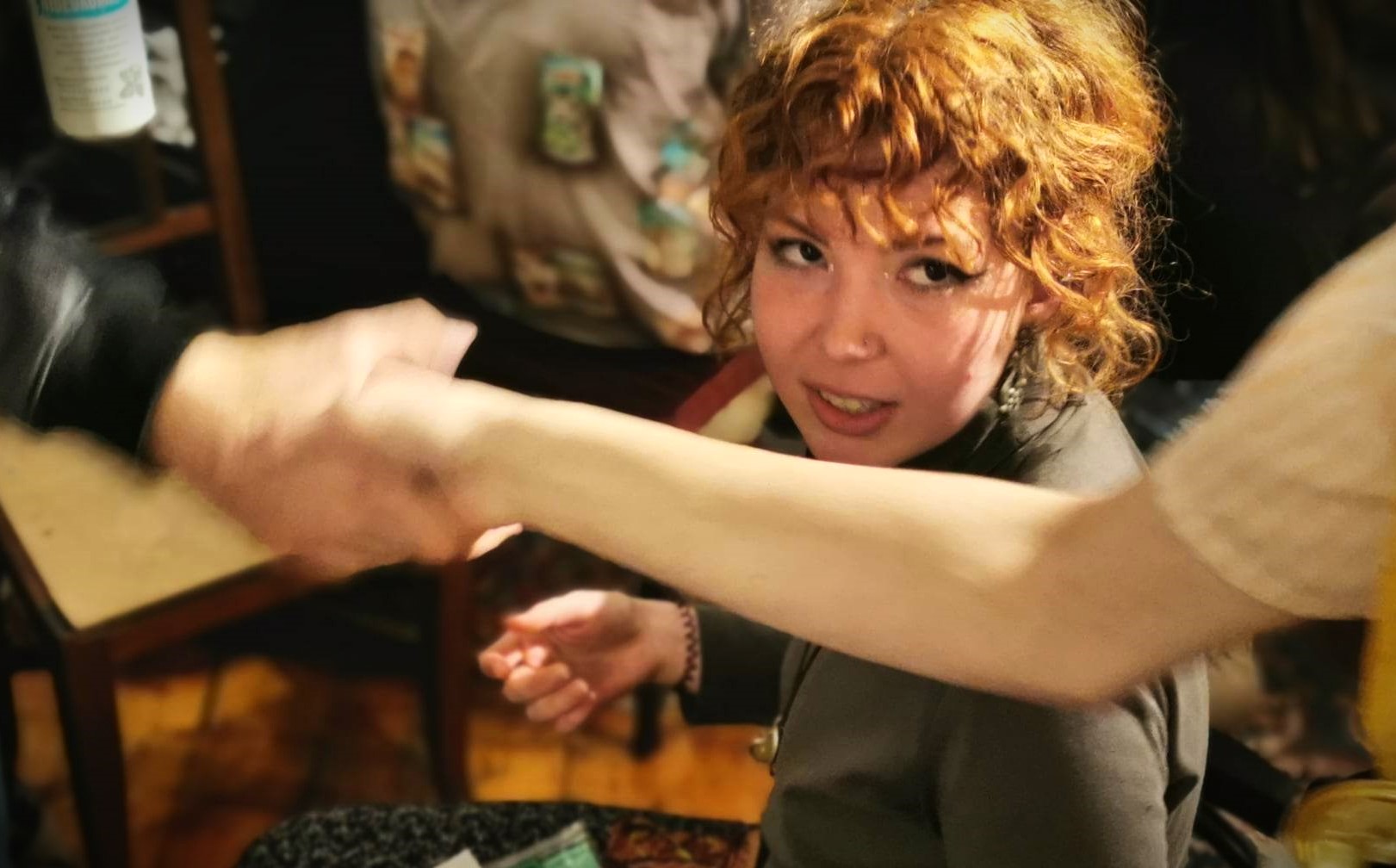Amikor kihirdették a Panodyssey harmadik pályázatának nyerteseit, a Panodyssey két nagykövete, Deres Kornélia és Simon Márton is megerősítette a laudációjában, mennyire erős volt a mezőny - ezért nem is tíz, hanem 19 névből állt a shortlist. Az első helyezett Biró Sára lett többek között kiürül az Oude Kerk című versével. A győztes pályamunkát Sipos Tímea fordításban most angolul is elolvashatod.
Sára Biró: among other things, the Oude Kerk empties
Translated by Tímea Sipos
nothing beyond the pulpit indicates
that anything taller ever lived here
other than the wire trellis that sways from the weight of the bells
and a butter-color haired Flemish teen walking in it
let this day be the triumph of the blondes
the certainty that not only a skin smoothed to porcelain can be exhibited
watch as it disappears from his pale face in the stumbling light
his curly locks constraining the morning's strongest ray into shackles
gently force a halo upon yourself like so
be born beautiful
be born clean
like the song of the church bells leaning from his steps
like the fake snow creaking underfoot
every uprising echoes
until the chanting of an audio guide slowly drowns it out
After Reformation churches everywhere were vandalized or destroyed, the fractures and scratches of the
Oude Kerk depict a history of devastation and repair.
Amsterdam’s most ancient building
is now the youngest art institute
how easy to empty a church
you say or ask
there must be nothing more tiring than building
and like the fallen petals in a flower bed of a wound garden
you don’t acknowledge the saints carved into the ceiling
traces of a narrow rosary retained by the flesh
knee indents pressed into the prayer bench cushions
the marble columns worn to a shine
only graphite drawings remind of its former ornamentation
oil paintings of renaissance cotton hairdos
accordion collars veil them
everything they’ve broken or burned to dust
on charges of idolatry
who swept up the bonfire’s ashes none of your concern
find for yourself a believable god
in the church bell draft rooms of your mind
let his words rumble forever
like the murmuring of the ocean inside its shells
The garden of scars is a site-specific installation made by Ibrahim Mahama, who links the family
histories of the merchants, captains, and mayors buried in the church with the traces of the ancient forts
along the coast of Ghana, where people suffered the colonial trade.
in place of the apostle statues
nails hammered into walls and tubs of coal
black saviors guard the faith
servitude is also worthy of awe
you ask or say
and your eyes glide over the stained-glass windows’ unchanging colors
while they leave bluish-green bruises on my thighs
the shadow of a prodigal son
no matter
African saint or milk-skinned teenager
whatever you cannot embrace
is easy to forget
His work often uses existing materials to make shared histories visible. Mahama sees the gravestones as
a form of collective memory.
windstorm and rumbling pick up
shuffling that wears away the floor
the beautiful arrive and suppress
the powerless struggle of my voice
Ibrahim, please show me ladylike gods.
Teach me to love as men do.
behold this vacant space
from now on this is what I believe in

